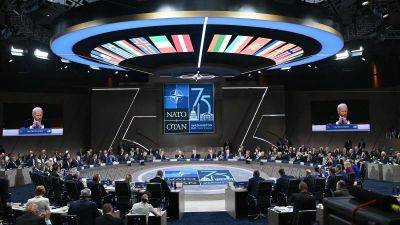Southeast Asia has its reasons for pivoting to BRICS
Southeast Asia’s sudden pivot toward the BRICS nations is a global game-changer that few in Washington saw coming.
In recent days, Malaysia detailed its ambitions to join Brazil, Russia, India, China and South Africa. Thailand and Vietnam are also among the Association of Southeast Asian Nations members expressing similar interest.
In Indonesia, there’s growing awareness that Argentina, Egypt, Ethiopia, Iran, United Arab Emirates, Saudi Arabia and other “Global South” nations have a point in vying to join this burgeoning intergovernmental organization.
During an interview with Chinese media ahead of Li Qiang’s visit to Malaysia, Prime Minister Anwar Ibrahim declared his intention to join the bloc after it doubled in size over the last year. That dynamic is luring Global South nations — partly by offering access to financing but also by offering a political movement independent of Washington’s influence.
The Southeast Asia wrinkle could prove particularly problematic for US President Joe Biden. A hallmark of the Biden era since 2021 has been creating a regional bulwark against China’s rising influence and efforts to replace the US dollar in trade and finance.
What we’re seeing is a clear rupture in relations between the US and many ASEAN members. This, at a time when Saudi Arabia is looking to phase out the “petrodollar.” Riyadh is intensifying de-dollarization efforts as China, Russia and Iran line up against old alliances.
“A gradual democratization of the global financial landscape may be underway, giving way to a world in which more local currencies can be used for international transactions,” says analyst Hung Tran at the Atlantic Council’s Geoeconomics Center. “In such a world, the dollar would remain prominent but




